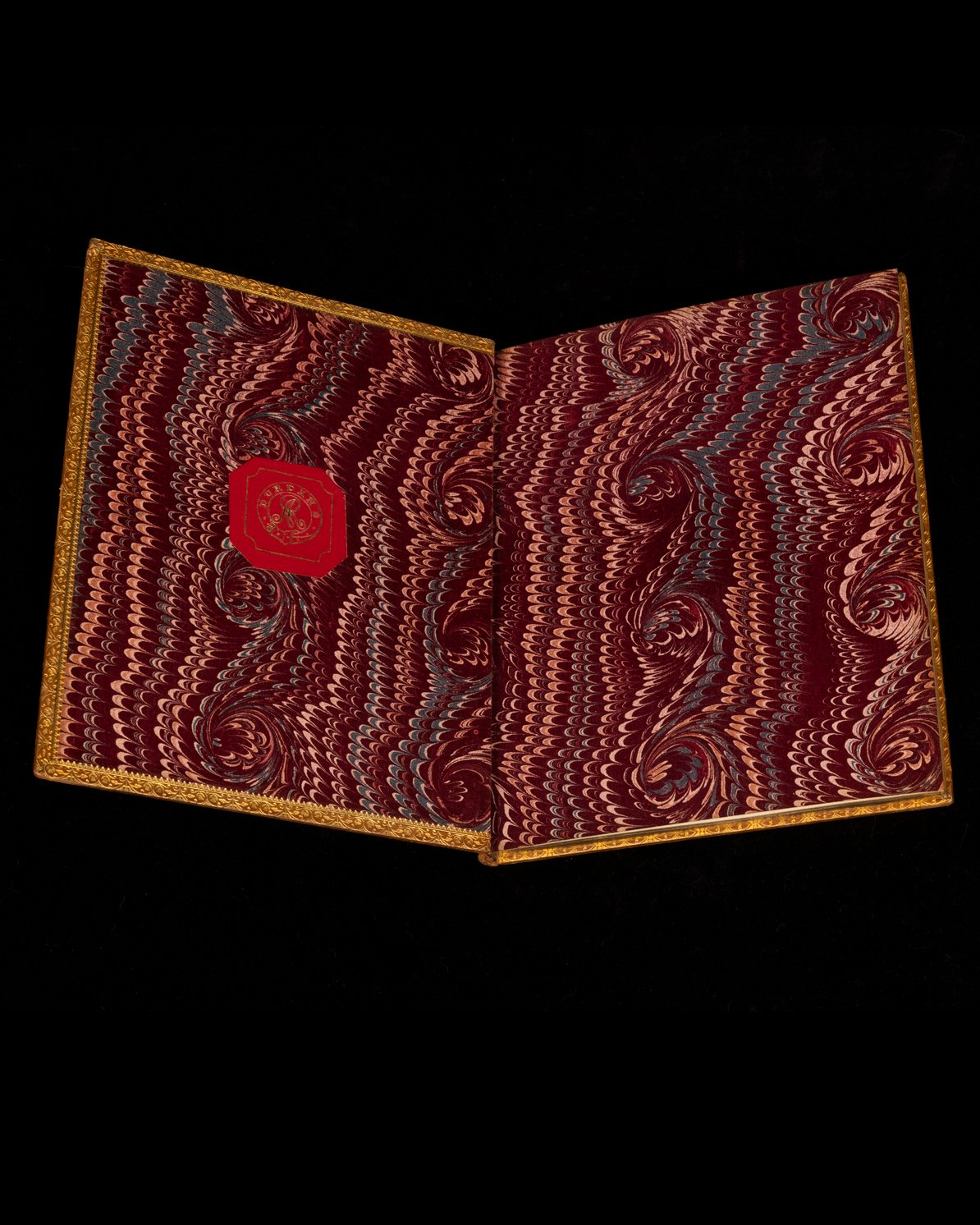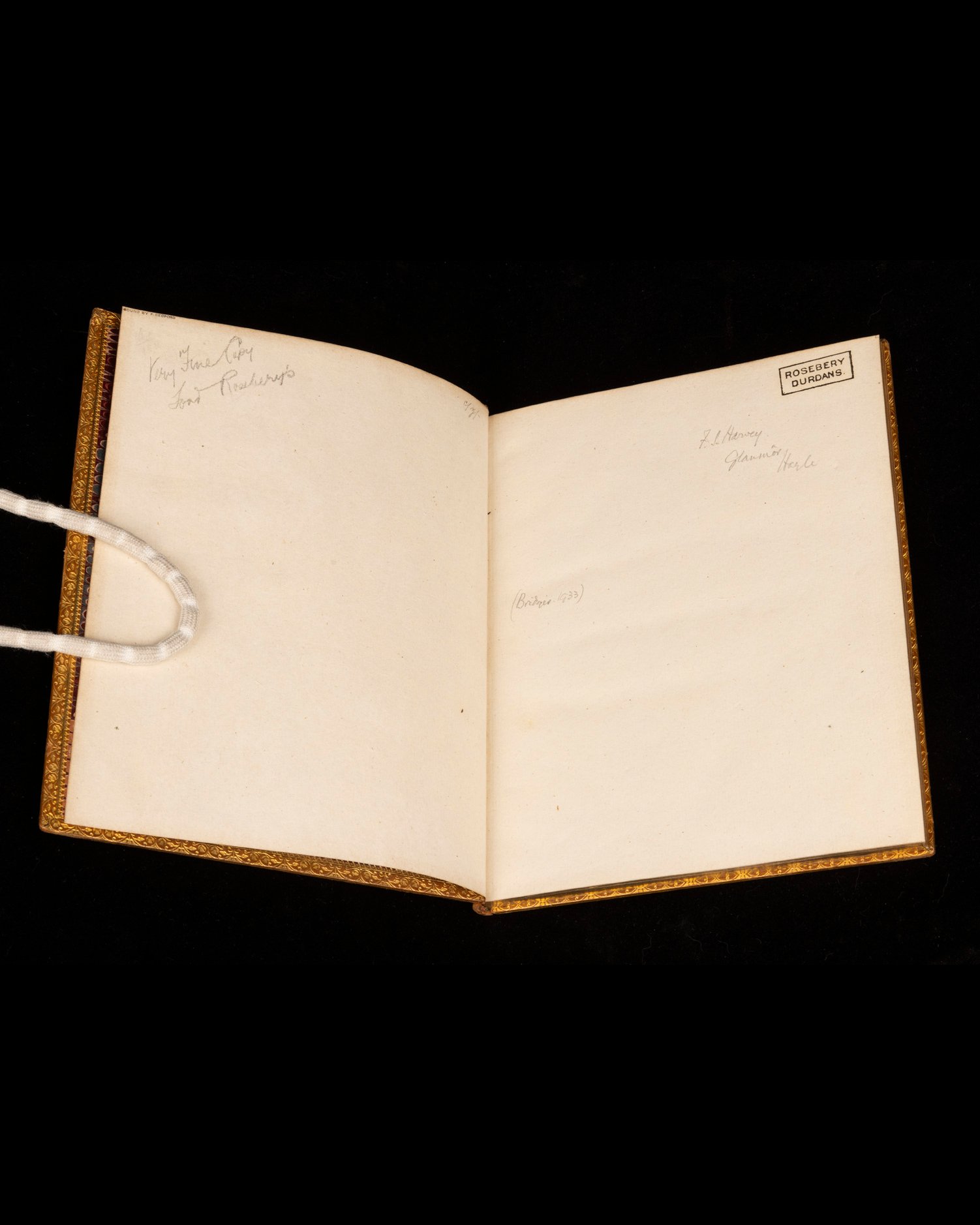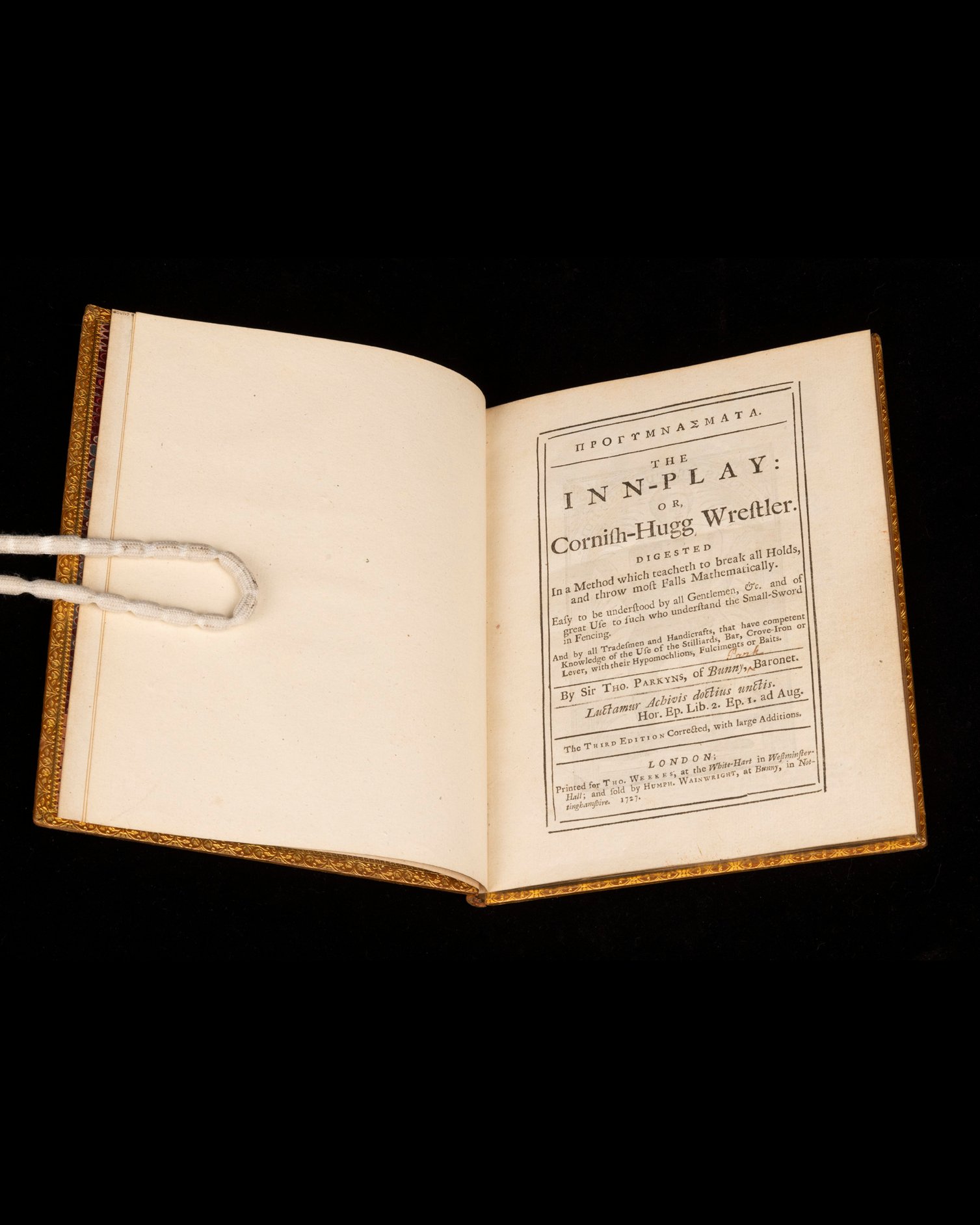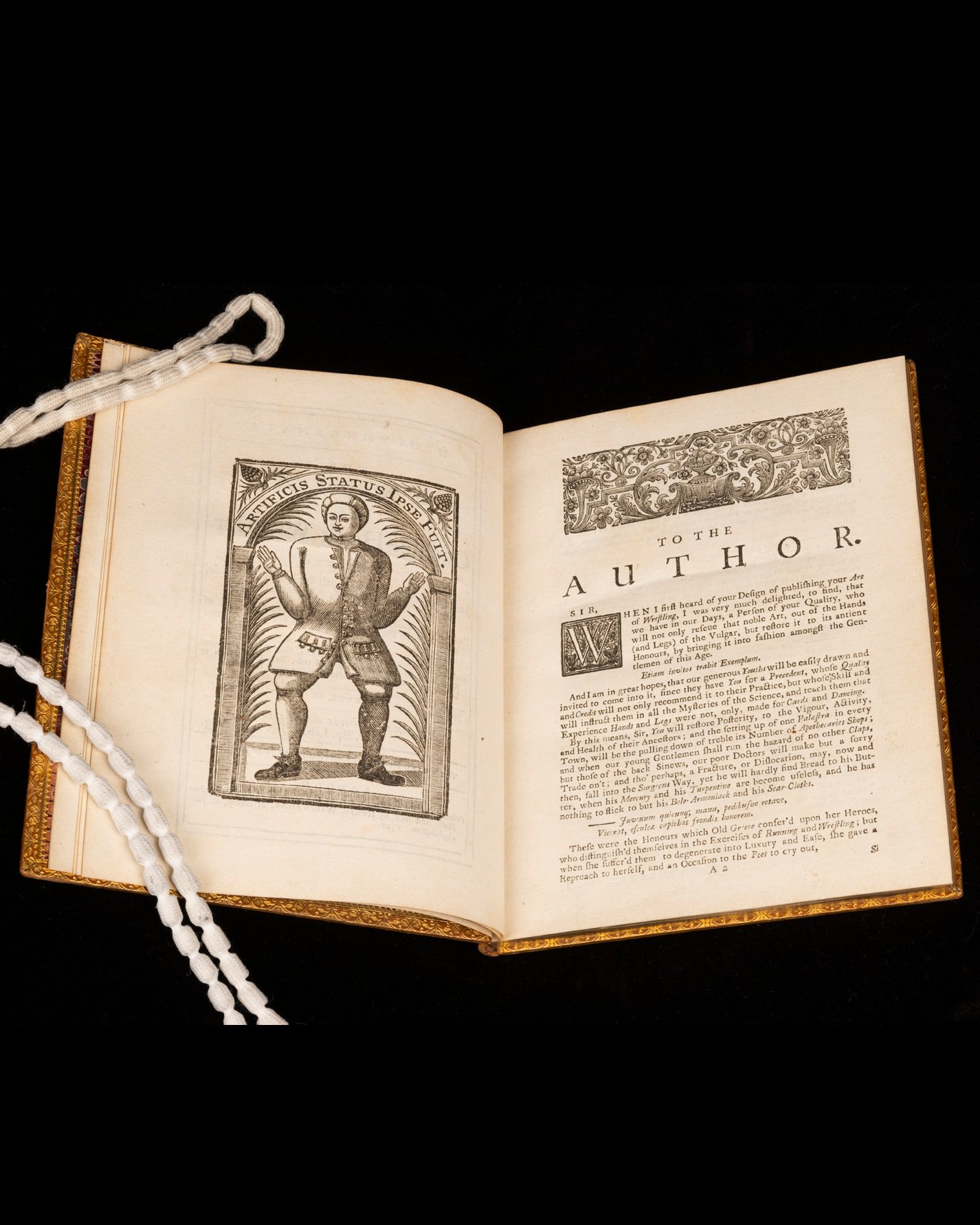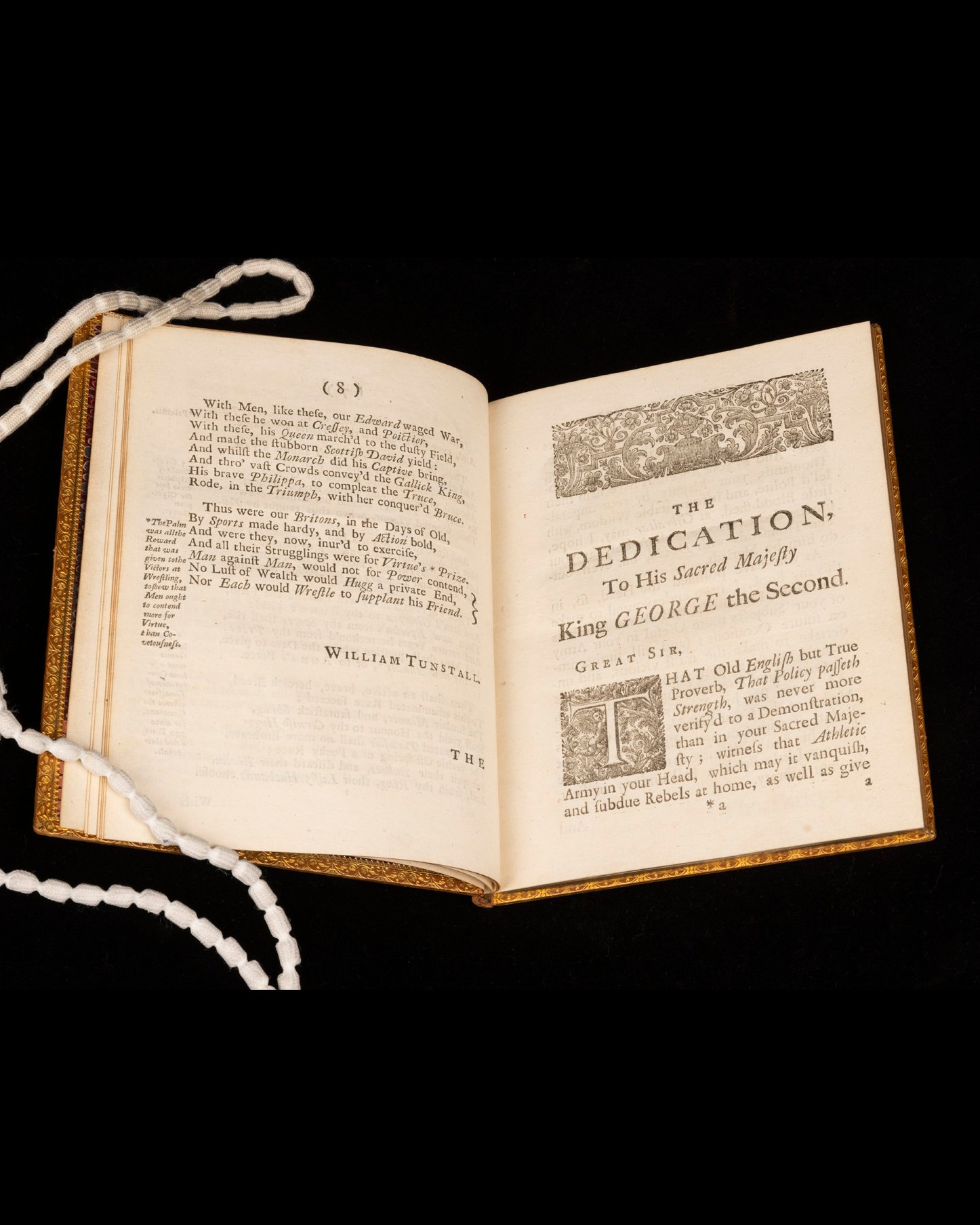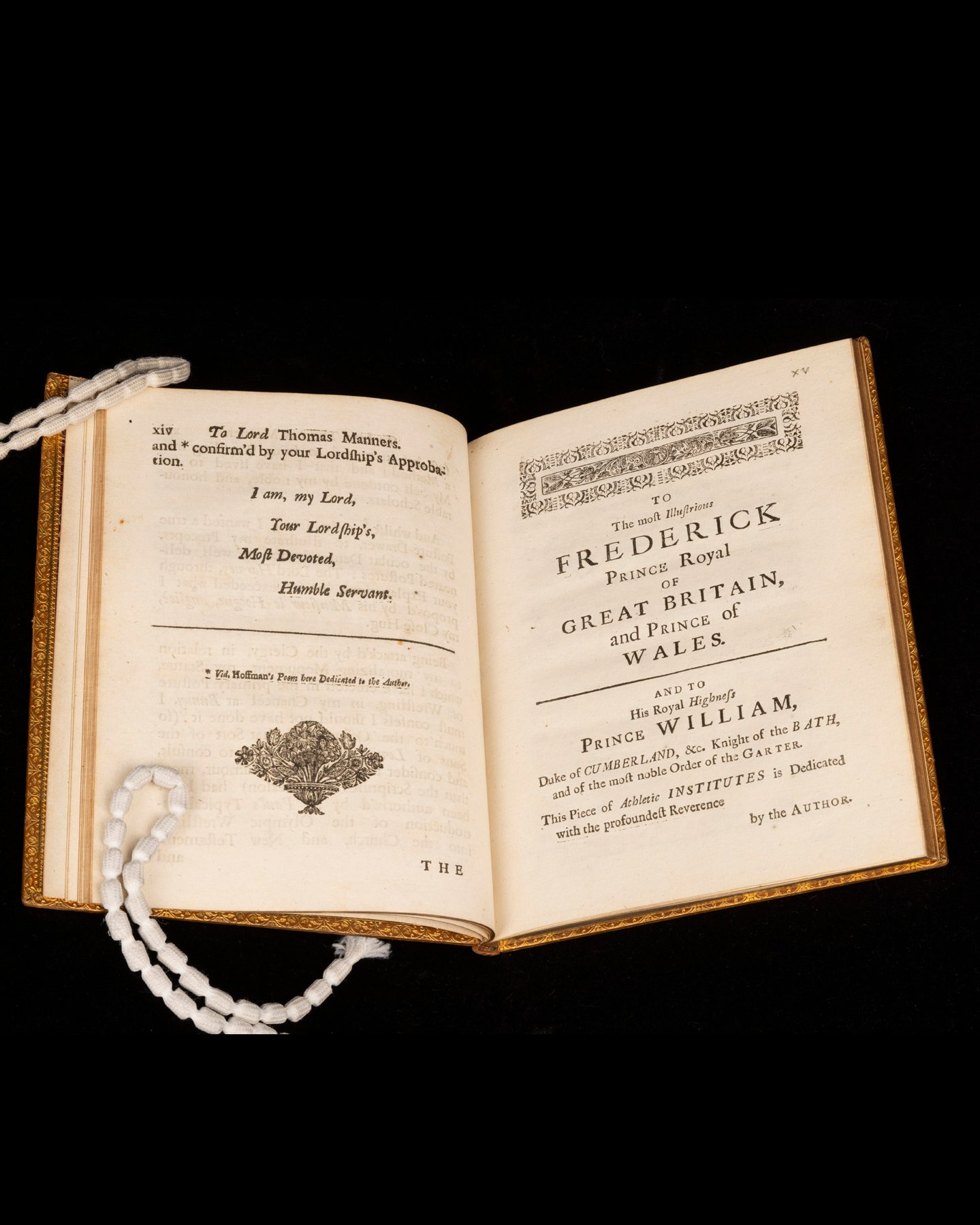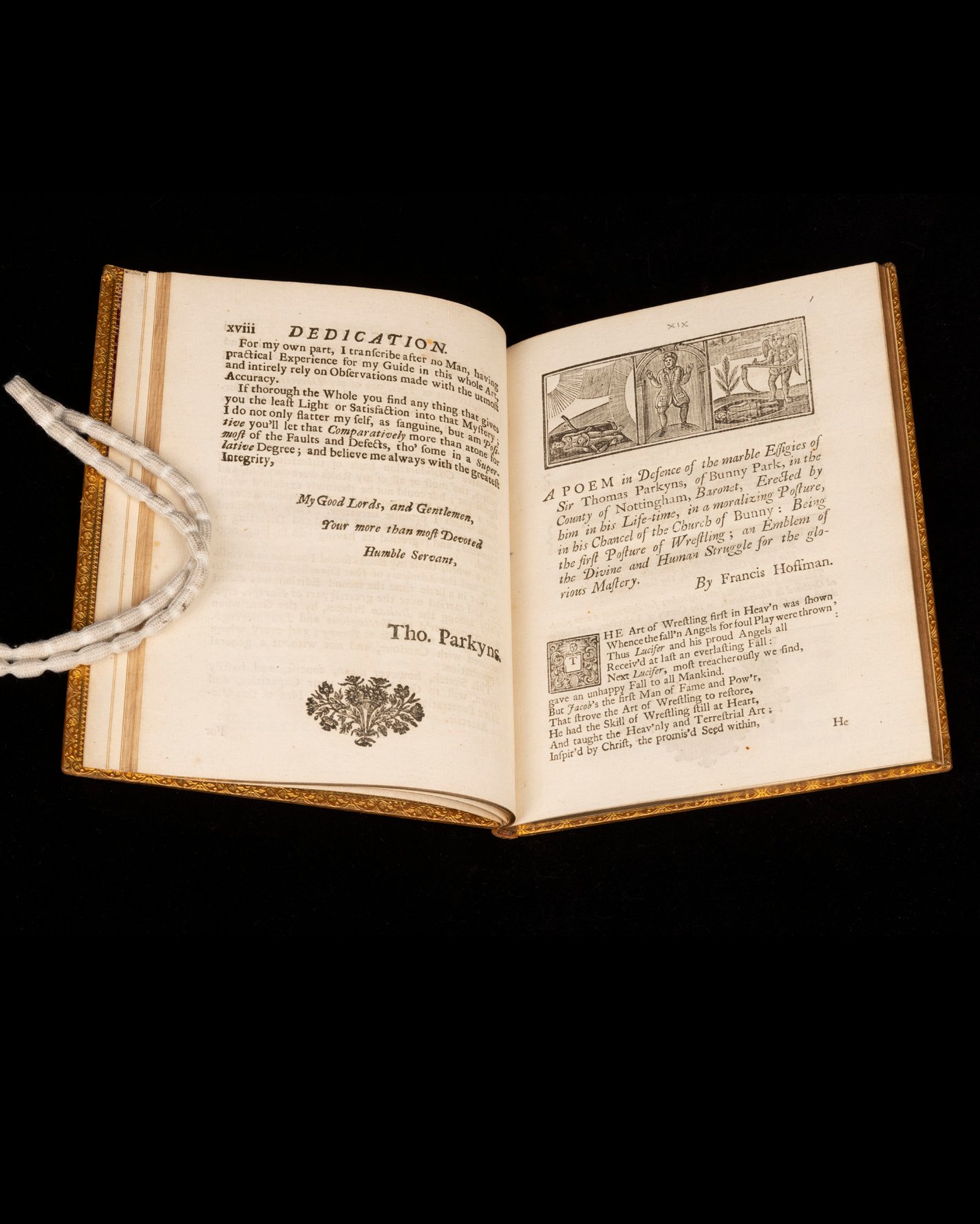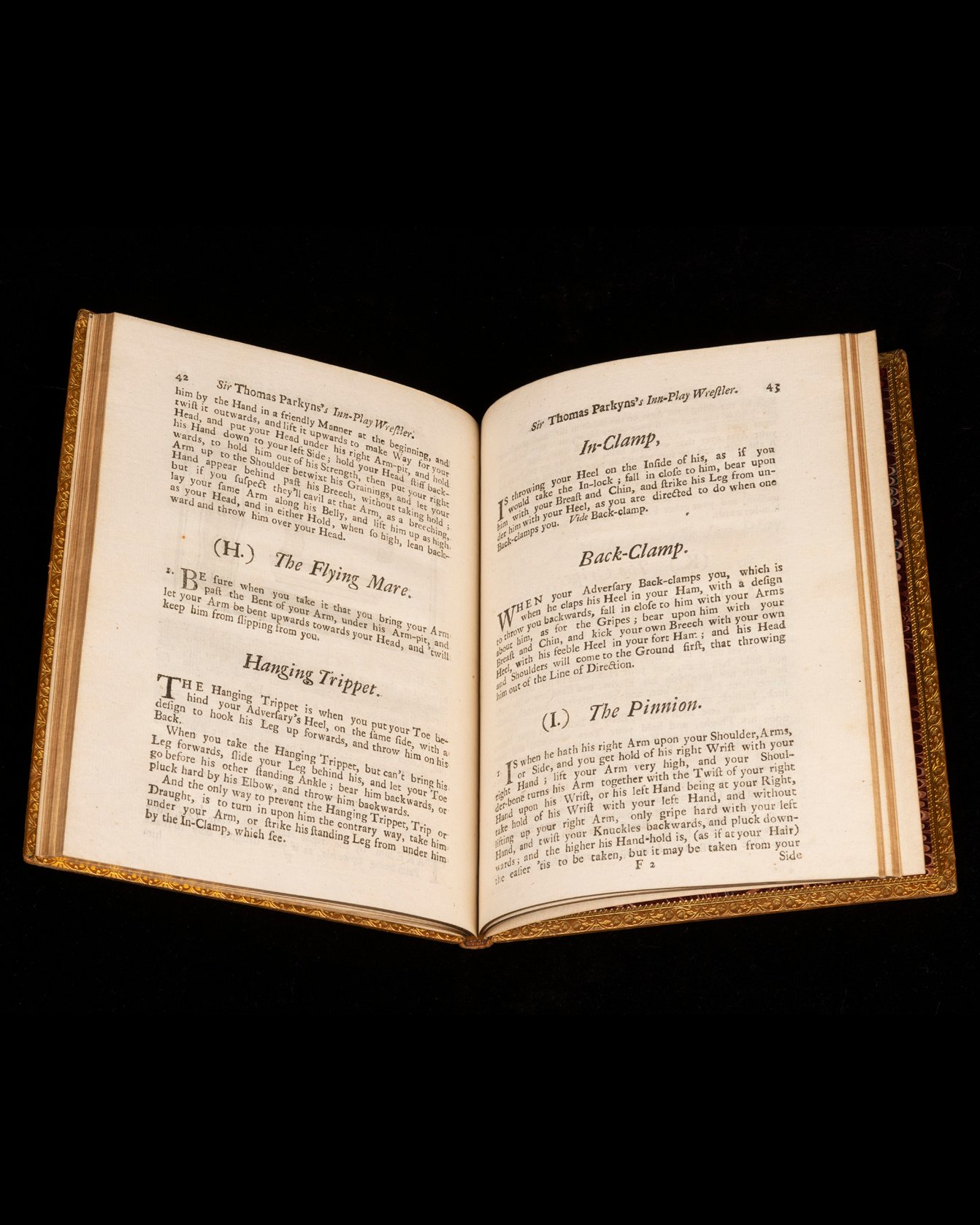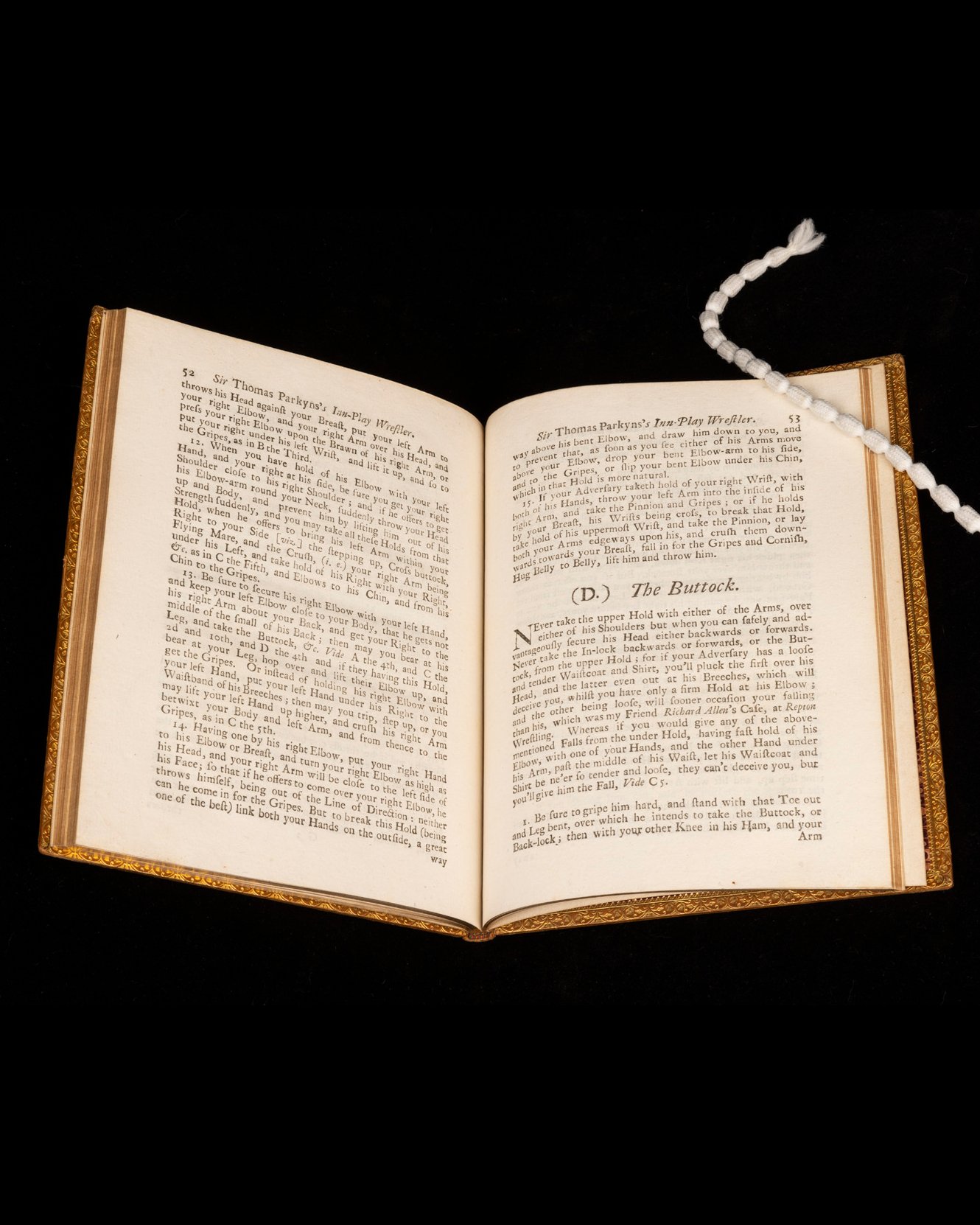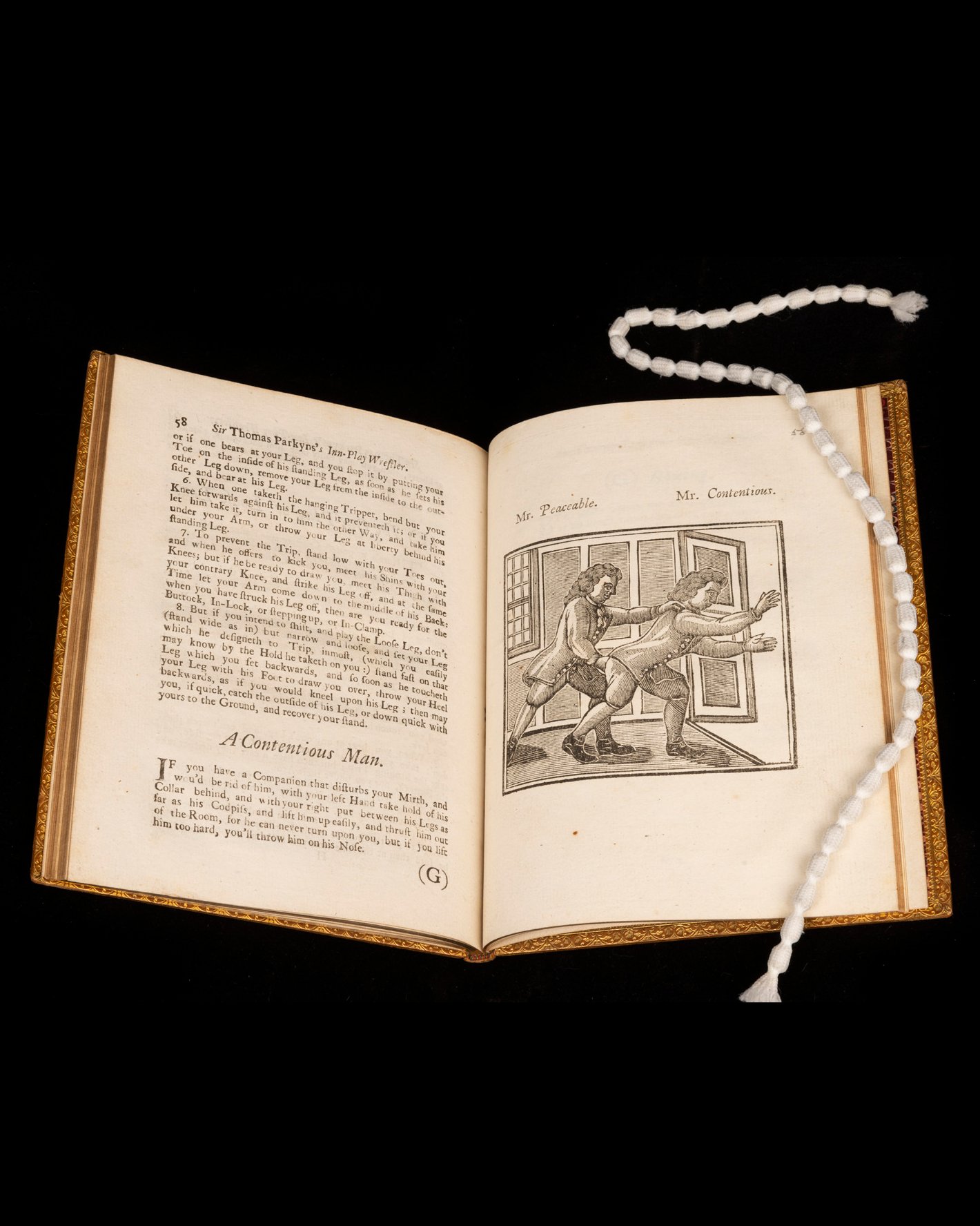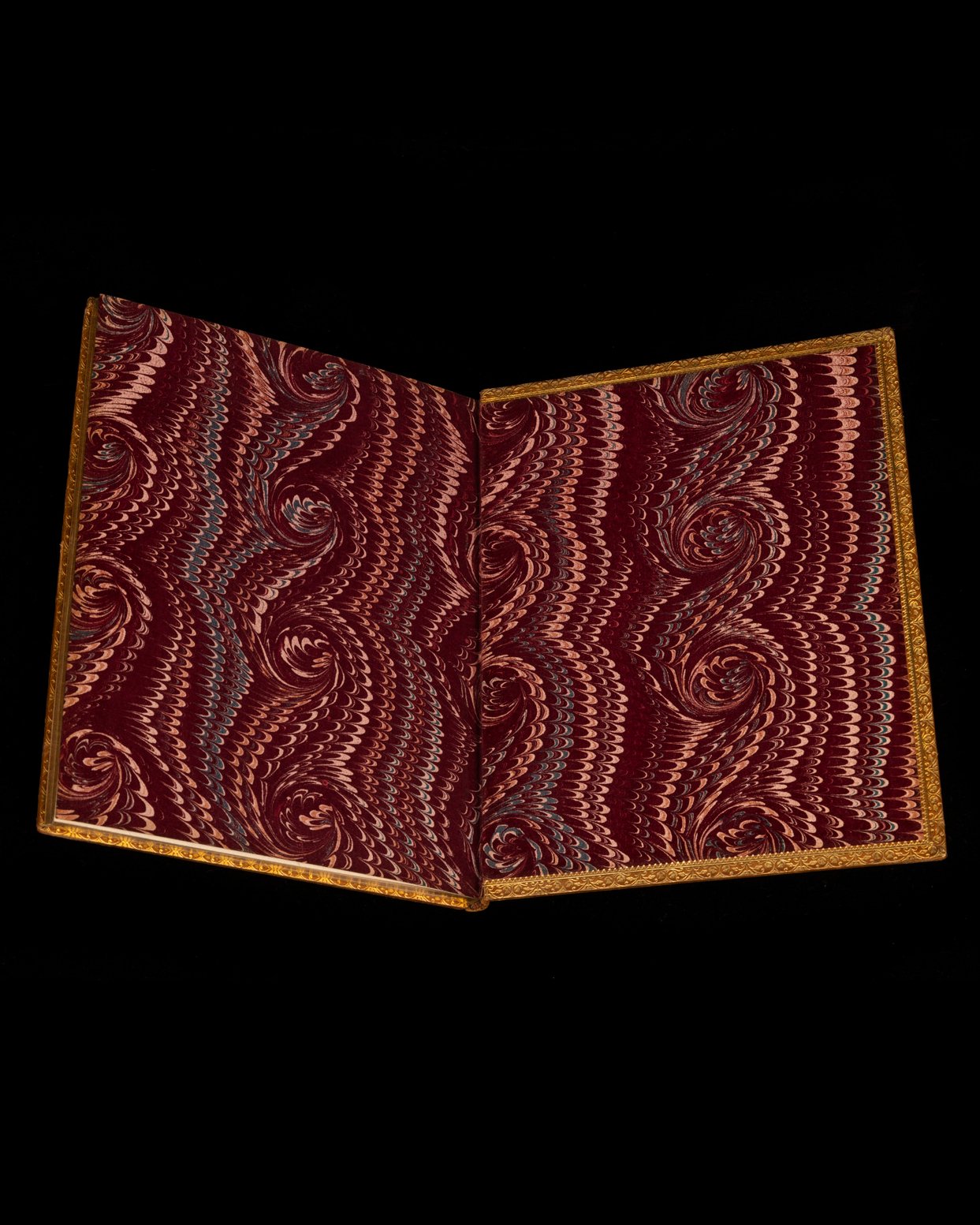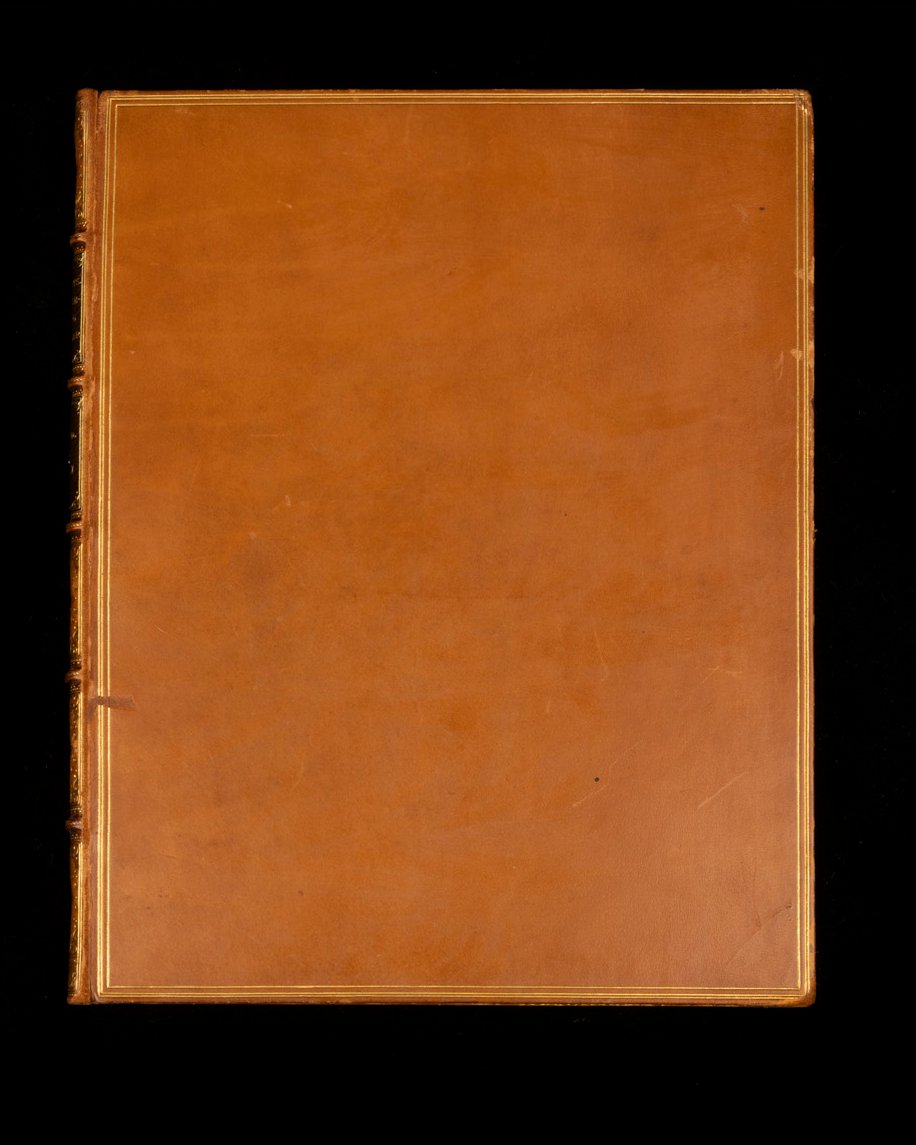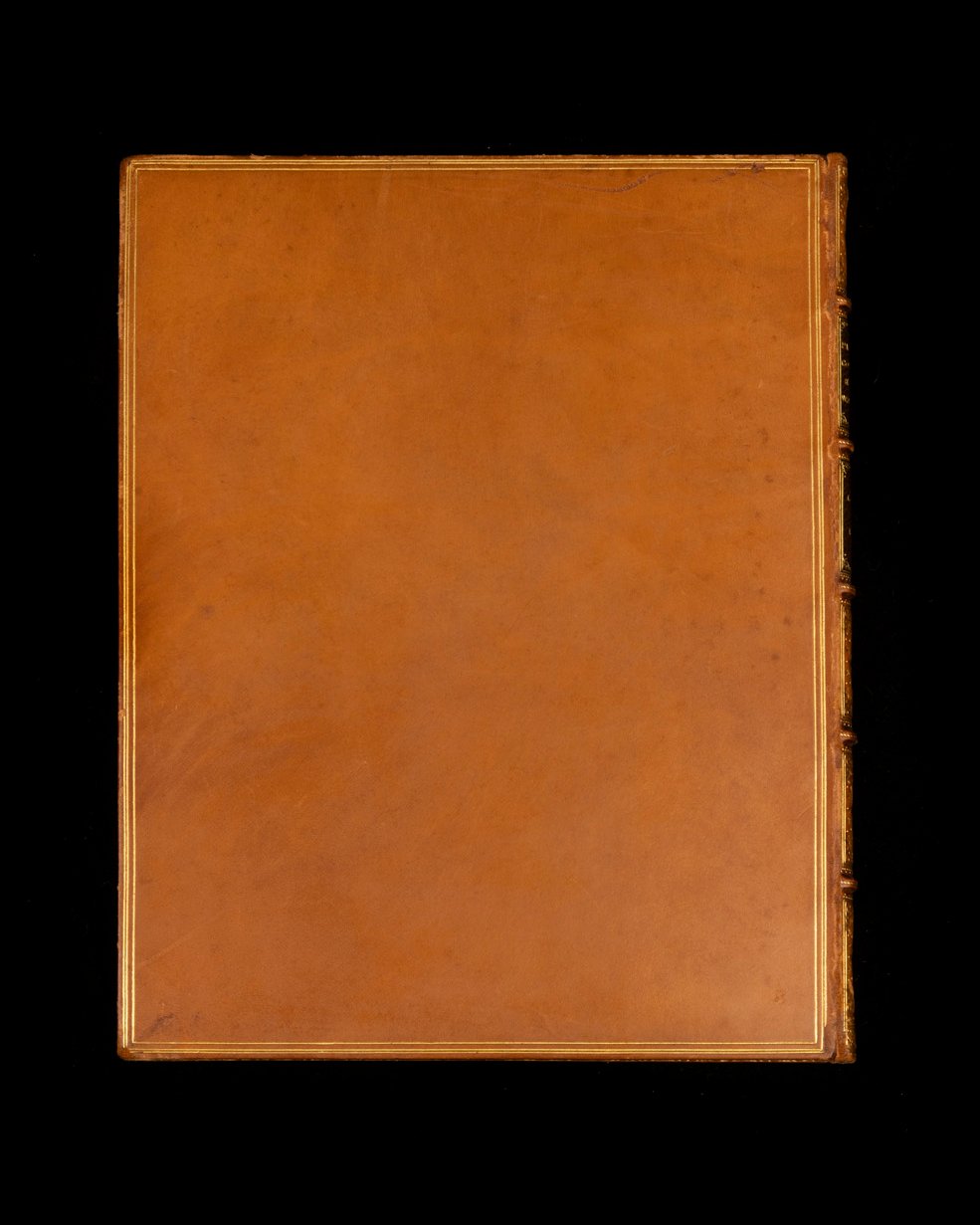Sir Thomas Parkyns (1664-1741). 'Progymnasmata. The Inn-Play: Or, Cornish-Hugg Wrestler'
Sir Thomas Parkyns (1664-1741). 'Progymnasmata. The Inn-Play: Or, Cornish-Hugg Wrestler'. 'Digested in a Method which teacheth to break all Holds, and throw most Falls Mathematically. Easy to be understood by all Gentlemen, &c. and of great Use to such who understand the Small-Sword in Fencing. And by all Tradesmen and Handicrafts, that have competent Knowledge of the Use of the Stilliards, Bar, Crove-Iron or Lever, with their Hypomochlions, Fulciments or Baits,'
Sir Thomas was known as ‘Luctator’ or the ‘Wrestling Baronet’, renowned as an architect and also an enthusiastic patron of wrestling. His Progymnasmata is an important early study on Cornish wrestling, including some notes on fencing and boxing.
This was Lord Rosebery’s copy (British prime minster 1894-95). He built a large library at Durdans, his home in Epsom, Surrey. On his death in 1929, Sotheby’s was instructed to sell his library, the sale took place on June 29-30, 1933.
This is the third edition, corrected, with large additions, it bears the bookplate of Durdans, as well as the bookstamp for ‘Rosebery Durdans’. It is also signed for F Harvey, Hayle.
This work was printed for Thomas Weeks, at the White-Hart in Westminster Hall and sold by Humphry Wainwright, at Bunny, in Nottinghamshire 1727. It was bound by Francis Bedford (1779-1883) the foremost bookbinder of the 19th and early 20th century. This is a very fine copy of a very scarce work
Bound in gold embossed goat skin with a highly decorated tooled gilt embossed spine and gold edged pages. Excellent condition throughout with no staining or marks with the pages neatly trimmed.
Sir Thomas Parkyns, [1664-1741] of Bunny Park, Nottinghamshire England. Well known for his passion for wrestling, it remains one of the main things he is remembered for today. He held an annual wrestling tournaments at Bunny Park, and employed as servants those who managed to beat him. The annual competition continued after his death until 1810, and had a continuing influence on the practice and theory of the sport. Parkyns was influenced by his study of Mathematics at Trinity College Cambridge as a young man, and he acknowledges his obligations to Sir Isaac Newton in this work. Newton came to hear of Parkyns and invited him to attend his lectures at Trinity. Parkyn’s interest in impetus and the mechanics of levers and ‘Hydraulicks” were applied to his theories of wrestling. He suggested that would be wrestlers should be ‘middle sized athletick men, full hearted and broad shouldered; for wind and strength brawny leg'd and arm'd, yet clear limb'd … none but beefeaters will go down with me.’ ‘Whoever would be a compleat wrestler,’ he adds, ‘must avoid being overtaken by drink, which very much enervates, or being in a passion at the sight of his adversary.’
Sir Thomas Parkyns (1664-1741). 'Progymnasmata. The Inn-Play: Or, Cornish-Hugg Wrestler'. 'Digested in a Method which teacheth to break all Holds, and throw most Falls Mathematically. Easy to be understood by all Gentlemen, &c. and of great Use to such who understand the Small-Sword in Fencing. And by all Tradesmen and Handicrafts, that have competent Knowledge of the Use of the Stilliards, Bar, Crove-Iron or Lever, with their Hypomochlions, Fulciments or Baits,'
Sir Thomas was known as ‘Luctator’ or the ‘Wrestling Baronet’, renowned as an architect and also an enthusiastic patron of wrestling. His Progymnasmata is an important early study on Cornish wrestling, including some notes on fencing and boxing.
This was Lord Rosebery’s copy (British prime minster 1894-95). He built a large library at Durdans, his home in Epsom, Surrey. On his death in 1929, Sotheby’s was instructed to sell his library, the sale took place on June 29-30, 1933.
This is the third edition, corrected, with large additions, it bears the bookplate of Durdans, as well as the bookstamp for ‘Rosebery Durdans’. It is also signed for F Harvey, Hayle.
This work was printed for Thomas Weeks, at the White-Hart in Westminster Hall and sold by Humphry Wainwright, at Bunny, in Nottinghamshire 1727. It was bound by Francis Bedford (1779-1883) the foremost bookbinder of the 19th and early 20th century. This is a very fine copy of a very scarce work
Bound in gold embossed goat skin with a highly decorated tooled gilt embossed spine and gold edged pages. Excellent condition throughout with no staining or marks with the pages neatly trimmed.
Sir Thomas Parkyns, [1664-1741] of Bunny Park, Nottinghamshire England. Well known for his passion for wrestling, it remains one of the main things he is remembered for today. He held an annual wrestling tournaments at Bunny Park, and employed as servants those who managed to beat him. The annual competition continued after his death until 1810, and had a continuing influence on the practice and theory of the sport. Parkyns was influenced by his study of Mathematics at Trinity College Cambridge as a young man, and he acknowledges his obligations to Sir Isaac Newton in this work. Newton came to hear of Parkyns and invited him to attend his lectures at Trinity. Parkyn’s interest in impetus and the mechanics of levers and ‘Hydraulicks” were applied to his theories of wrestling. He suggested that would be wrestlers should be ‘middle sized athletick men, full hearted and broad shouldered; for wind and strength brawny leg'd and arm'd, yet clear limb'd … none but beefeaters will go down with me.’ ‘Whoever would be a compleat wrestler,’ he adds, ‘must avoid being overtaken by drink, which very much enervates, or being in a passion at the sight of his adversary.’
Sir Thomas Parkyns (1664-1741). 'Progymnasmata. The Inn-Play: Or, Cornish-Hugg Wrestler'. 'Digested in a Method which teacheth to break all Holds, and throw most Falls Mathematically. Easy to be understood by all Gentlemen, &c. and of great Use to such who understand the Small-Sword in Fencing. And by all Tradesmen and Handicrafts, that have competent Knowledge of the Use of the Stilliards, Bar, Crove-Iron or Lever, with their Hypomochlions, Fulciments or Baits,'
Sir Thomas was known as ‘Luctator’ or the ‘Wrestling Baronet’, renowned as an architect and also an enthusiastic patron of wrestling. His Progymnasmata is an important early study on Cornish wrestling, including some notes on fencing and boxing.
This was Lord Rosebery’s copy (British prime minster 1894-95). He built a large library at Durdans, his home in Epsom, Surrey. On his death in 1929, Sotheby’s was instructed to sell his library, the sale took place on June 29-30, 1933.
This is the third edition, corrected, with large additions, it bears the bookplate of Durdans, as well as the bookstamp for ‘Rosebery Durdans’. It is also signed for F Harvey, Hayle.
This work was printed for Thomas Weeks, at the White-Hart in Westminster Hall and sold by Humphry Wainwright, at Bunny, in Nottinghamshire 1727. It was bound by Francis Bedford (1779-1883) the foremost bookbinder of the 19th and early 20th century. This is a very fine copy of a very scarce work
Bound in gold embossed goat skin with a highly decorated tooled gilt embossed spine and gold edged pages. Excellent condition throughout with no staining or marks with the pages neatly trimmed.
Sir Thomas Parkyns, [1664-1741] of Bunny Park, Nottinghamshire England. Well known for his passion for wrestling, it remains one of the main things he is remembered for today. He held an annual wrestling tournaments at Bunny Park, and employed as servants those who managed to beat him. The annual competition continued after his death until 1810, and had a continuing influence on the practice and theory of the sport. Parkyns was influenced by his study of Mathematics at Trinity College Cambridge as a young man, and he acknowledges his obligations to Sir Isaac Newton in this work. Newton came to hear of Parkyns and invited him to attend his lectures at Trinity. Parkyn’s interest in impetus and the mechanics of levers and ‘Hydraulicks” were applied to his theories of wrestling. He suggested that would be wrestlers should be ‘middle sized athletick men, full hearted and broad shouldered; for wind and strength brawny leg'd and arm'd, yet clear limb'd … none but beefeaters will go down with me.’ ‘Whoever would be a compleat wrestler,’ he adds, ‘must avoid being overtaken by drink, which very much enervates, or being in a passion at the sight of his adversary.’


